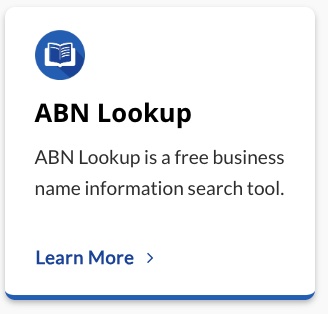As we explore the role digital interfaces play in financial systems, we uncover new mechanisms for creating, storing, and executing financial contracts. The simultaneous convergence of these may lead to new financial instruments and exchanges that function without requiring a trust-based system. This exchange platform saved by a decentralised, borderless computing network while having its own native digital asset is called a blockchain.
Blockchain is an incredibly promising development within the financial industry. It’s a decentralized cryptographic ledger that keeps track of every transaction made on the network. For instance, in a blockchain-based financial system, if Alice wanted to send Bob some digital currency, she would create a specific transaction, encrypt it, and send it out to the blockchain network. The network confirms the transaction using a system of numerous independent nodes. Each node independently verifies that the transaction is valid before adding it to the list of finalized transactions.
Deploying blockchain technology in the financial industry offers numerous benefits. It eliminates the need for intermediaries because transactions can be verified through a network of computers (called a peer-to-peer network) and not just one central authority. This decentralization of economic power can democratize access to finance.
Moreover, blockchain’s cryptographic feature ensures the security of these transactions. Cryptography refers to encoded writing designed to keep information confidential – like a secret code. Its use in blockchain creates secure transactions that cannot be altered or tampered with, reducing the risk of financial fraud or scams.
It’s also worth mentioning that blockchain improves efficiency and cuts costs in the financial industry. Transactions on a blockchain are processed at a remarkably faster rate than traditional financial systems. This speed, combined with a reduction in the number of intermediaries, could significantly reduce transaction fees.
Still, like with any powerful technology, it comes with its share of challenges. One such challenge is the lack of regulation in the industry. Without a governing body regulating transactions and behavior, malicious acts may go unchecked. Another concern is the ease with which individuals can engage in illicit activities due to anonymous nature of blockchain transactions.
Moreover, the relatively new technology is subject to bugs and glitches. While developers are continually making strides in improving blockchain technology, it’s safe to assume that the technology will experience growing pains.
Despite these challenges, the compelling advantages of blockchain technology overwhelmingly advocate for its continued development and integration into the world’s financial systems.
Clearly, the landscape of the financial industry is being reshaped by blockchain technology. As the technology and its application continue to develop, the way we approach finance will be radically transformed, leading to exciting results we have yet to anticipate. The promise of blockchain technology in the financial industry demands our attention and exploration. Let’s embrace this exciting journey of financial innovation and see where it leads us.
Register your new business name at register.biz.au


